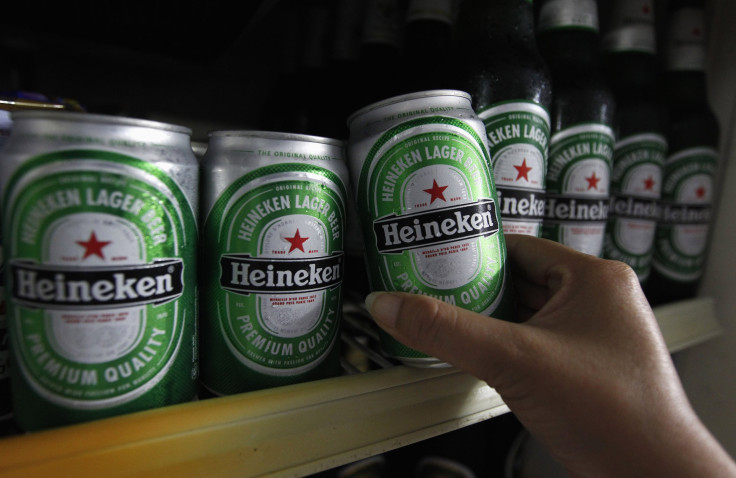Beer Might Be Effective Against Respiratory Syncytial Virus, Other Health Benefits

A study conducted by researchers from Sapporo Medical University (funded by Sapporo Breweries) found that the compound humulone present in beer was effective against respiratory syncytial (sin-SISH-uhl) virus.
Humulone comes from hops, the plant that gives beer the bitter taste.
The virus, according to Centers for Disease Control and Prevention, infects lungs and breathing passages. Although, many people recover from the infection, young children and older adults may show more complications. In the U.S., the virus is the most common cause of bronchitis and pneumonia in children under 1 year of age.
"The RS virus can cause serious pneumonia and breathing difficulties for infants and toddlers, but no vaccination is available at the moment to contain it," said Jun Fuchimoto, a researcher from the company, AFP reported.
Humulone even reduced the inflammation caused by the infection, the brewery said.
However, to get any real benefits of the compound, a person will have to drink 30 cans, each of 350 milliliters (12 oz) of beer.
"We are now studying the feasibility of applying humulone to food or non-alcoholic products," Fuchimoto told AFP. "The challenge really is that the bitter taste is going to be difficult for children."
The study also said that certain compounds in beer xanthohumol, flavanones, humulones and proantocianidins are being studied for their cancer fighting abilities.
Beer is rich in nutrients like carbohydrates, amino acids, minerals, vitamins and polyphenols. Hops are the main source of phenolic acids in beer. Dried hops have 14.4% of polyphenols, mainly phenolic acids, prenylated chalcones, flavonoids, catechins and pro-antocianidins. Researchers say that presence of polyphenols in beer or wine, make these beverages safer to drink and protect against heart diseases than spirits, according to a study by Sara Arranz and colleagues.
Arranz added that presence of volatile nitrosamines in beer has been linked to cancer. However, beer manufacturing has changed and so the beers produced now, if consumed in moderation, can protect against cancer and heart diseases.



























